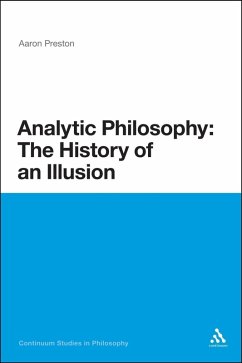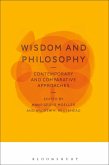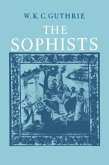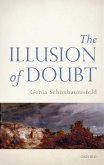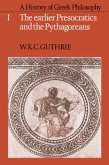One would expect that so successful and controversial a philosophical school as analytic philosophy would have a clear platform of substantive philosophical views. However, this is not so. For at least 30 years, analytic philosophy has consisted in an increasingly loose and variable amalgam of philosophical topics, views and methods. This state of affairs has led some to claim that, despite its professional entrenchment, analytic philosophy is in a state of crisis. Analytic Philosophy: The History of an Illusion argues that this is so, and that the crisis is deeper and more longstanding than is usually recognized. Synthesizing data from early and recent studies on the historical and philosophical foundations of analytic philosophy as well as from canonical primary texts, it argues (1) that analytic philosophy has never involved significant agreement on substantive philosophical views, and thus that it has always been in this state of crisis, (2) that this fact was long hidden by the illusion that analytic philosophy was originally united in the metaphilosophical thesis that philosophy is linguistic analysis, and (3) that both the rise of analytic philosophy under this illusion and the preservation of its privileged status since the illusion's demise have been facilitated by a scientistic 'stance' that minimizes the traditional philosophical duty to examine one's most fundamental assumptions.
Bitte wählen Sie Ihr Anliegen aus.
Rechnungen
Retourenschein anfordern
Bestellstatus
Storno

